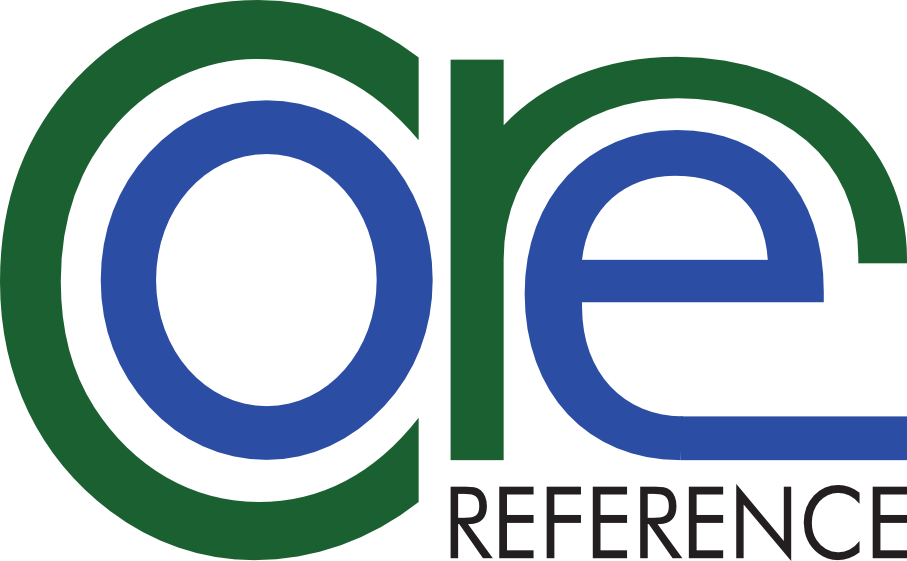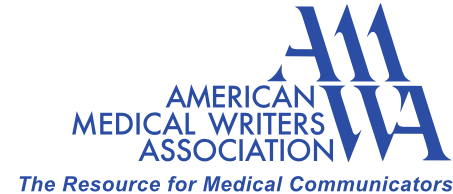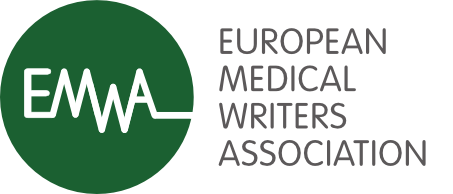February 2022
Medicines and Vaccines
ICH
This Pink Sheet analysis article indicates that ICH Leadership aims to bring patient perspectives into the global guideline development process.
EMA Guidance and News
1. Accelerating clinical trials in the EU (ACT EU) - Delivering an EU clinical trials transformation initiative
2. New template - Compliance with applicable rules for biological samples
3. In February 2022, EMA initiated the establishment of the Coordination Centre for the Data Analysis and Real World Interrogation Network (DARWIN EU®). On 24 Feb 22, a Webinar will be held to introduce DARWIN EU and highlight opportunities for collaboration. A recording will be available after the event.
EU CTR/CTIS News
- Questions and Answers Document – Regulation (EU) 536/2014 – Version 5 (January 2022)
- In the early days of CTIS, the periodic ‘Newsflash’ will provide regular updates on interesting facts and figures regarding CTIS usage, as well as links to useful reference materials. Read the 04 Feb 2022 CTIS Newsflash here.
- EMA have scheduled online Bitesize Talks on CTIS:
‘User access and role management’ 14.00-15.30 CET on 24 Feb 2022
‘Initial clinical trial application’ 14.00-15.00 CET on 23 Mar 2022
‘Modifications’ 14.00-15.00 CET on 28 Apr 2022
4. On 22 Feb 2022, EMA announced its adoption of an EU common standard for electronic product information (ePI). This includes the package leaflet for patients and Summary of Product Characteristics (SmPC) for professionals.
5. The Regulation on EMA’s extended mandate on crisis preparedness and management of medicinal products has become applicable.
Transparency and Disclosure Resources and News
1. The Regulatory Public Disclosure (RPD) Special Interest Group (SIG) ‘Meet and Share’ (held on 27 Jan 2022) recording and PDF are published on the RPD SIG page of the EMWA website.
2. The European Universities Association (EUA) Open Science Agenda 2025 is published together with a position statement dated 03 Feb 22.
3. UK Research and Innovation (UKRI) have published guidance and resources to support their new open access policy. An information event will be held on 24 Feb 22, and the presentation and notes from the event will be made available afterwards.
FDA Guidance and News
1. Final FDA Guidance was released in Feb 22 on ‘Population Pharmacokinetics’. “…Population PK analysis is frequently used to guide drug development and inform recommendations on therapeutic individualization... Adequate population PK data collection and analyses submitted in marketing applications have in some cases alleviated the need for postmarketing requirements or postmarketing commitments.”
2. Comments are published on Draft FDA guidance ‘Data Standards for Drug and Biological Product Submissions Containing Real-World Data’.
3. Final FDA Guidance (Feb 2022) ‘Patient-Focused Drug Development: Methods to Identify What Is Important to Patients’ describes “how stakeholders (patients, researchers, medical product developers and others) can collect and submit patient experience data and other relevant information from patients and caregivers to be used for medical product development and regulatory decision-making”.
4. NIH issues a seismic mandate: share data publicly. This Nature article reports that a data management and data sharing plan will be mandatory for NIH-funded research from 25 January 2023. Review the Final NIH Policy here.
5. RAPS reports on how FDA has released 43 new and revised product-specific guidances in the latest quarterly batch.
MHRA News
1. MHRA Guidance ‘Clinical trials for medicines: manage your authorisation, report safety issues’ - which includes details to facilitate the following: Change your protocol, update your authorisation, report safety issues, submit safety updates and complete your end-of-trial study report – was updated on 07 Feb 22 to follow transition to the combined review service.
2. The ‘MHRA Inspectorate Blog’ shares the work of the MHRA Inspectorate, by inspectors and those the Inspectorate works with. A 3-part blog titled ‘Regulator’s experience of clinical trials during the Covid-19 pandemic’ makes interesting reading with (Part 1) – ‘our initial response’ and (Part 2) – ‘what we have learned’ now available. In Part 2, we see the Inspectorate’s perspective on typical GCP and protocol deviations issues where COVID-19 had an impact – and know these well because of our own MW clinical study reporting activities. Part 3 – ‘looking forward’ explores the challenges ahead, and extols the virtues of early engagement with the Regulator.
Sign up for ‘MHRA Inspectorate Blog’ alerts direct to your Inbox using the link at the end of the blog page.
3. MHRA have approved recombinant adjuvanted COVID-19 vaccine, Nuvaxovid for use in the UK from 03 Feb 22. Nuvaxovid contains ‘no components of animal origin’ and extends the UK’s repertoire of available COVID-19 vaccines.
4. MHRA are hosting their Good Practice Symposia Week (07-11 March) which includes a GCP Symposium (07-09 March) featuring joint events with FDA CBER and Health Canada. Ticket options and programme here.
Patient Centricity
1. On 20 Jan 22, EMA updated its (patient) Engagement Framework: EMA and patients; consumers and their organisations.
2. Read about Belgium’s new clinical trial transparency law here.
3. The UK’s National Health Service (NHS) blog titled: ‘Making transparency happen – a blog by Dr Naho Yamazaki, Head of Policy and Engagement’ described the progress and impact of the work by the Policy and Engagement Unit since the NHS launched its ‘Make it Public’ initiative 18 months ago. The blog helpfully reminds us that this is the link to ‘Submit Your Final Report’.
Development Strategy News
1. This RAPS article titled ‘FDA officials cast doubt on foreign-only clinical strategy’ is quite a long read, but really worth it from a clinical development programme and strategy perspective, and is highly relevant for those engaged in medical and regulatory writing and regulatory pathway decision-making, particularly in the oncology field.
2. In this March 2022 Lancet Infectious Diseases article titled ‘COVID-19 kick-starts a new era for clinical trials and pandemic preparedness in Europe’, European regulators call for “structures and partnerships to enable clinical research and identify regulatory hurdles among the challenges for clinical trials”.
Medical Devices
Medical devices information is kindly compiled by Raquel Billiones.
An important update on the EU Expert Panels for medical and in vitro devices.
Under the MDR and IVDR, Expert Panels are to be established to provide scientific, technical and clinical input to the European Commission, the Medical Device Coordination Group (MDCG), member states, notified bodies and manufacturers. The Directorate General for Health and Food Safety (DG SANTE) has entrusted the task of setting up these panels to Commission’s Joint Research Centre (JRC). After two years, the JRC has now handed over the coordination of the Expert Panels to the European Medicines Agency (EMA).
“The background of the handover is the extended mandate of EMA on crisis preparedness and management of medicinal products and medical devices (Regulation (EU) 2022/123), developed as a reaction to the COVID-19 pandemic in the EU. It is expected that EMA’s extended mandate will lead to a more integrated, synergistic and coherent approach to the management of availability of medicinal products, medical devices and in vitro diagnostic medical devices at Union level, and of the scientific panels for medical devices, thus improving public health protection for the entire Union.”
The EU Medical Device Coordinating Group (MDCG) has released new guidance documents in February 2022.
MDCG 2022-2
The Guidance on General Principles of Clinical Evidence for In Vitro Diagnostic medical devices (IVDs) is aimed towards IVD manufacturers, investigators and study sponsors and describes approaches in the collection, generation and documentation of supporting data for an IVD market authorisation.
MDCG 2022-3
The Guidance on the Verification of Manufactured Class D IVDs by Notified Bodies aims to ensures the performance and safety of these devices. Class D IVDs are highly important diagnostic devices for detection of infection and other transmissible agents.
MDCG 2022-4
Guidance on Appropriate Surveillance Regarding the Transitional Provisions under Article 120 of the MDR with Regard to Devices Covered by to the MDD or the AIMDD was released in February 2022. This guidance provides surveillance recommendations for legacy devices that are not fully transitioned to the MDR


